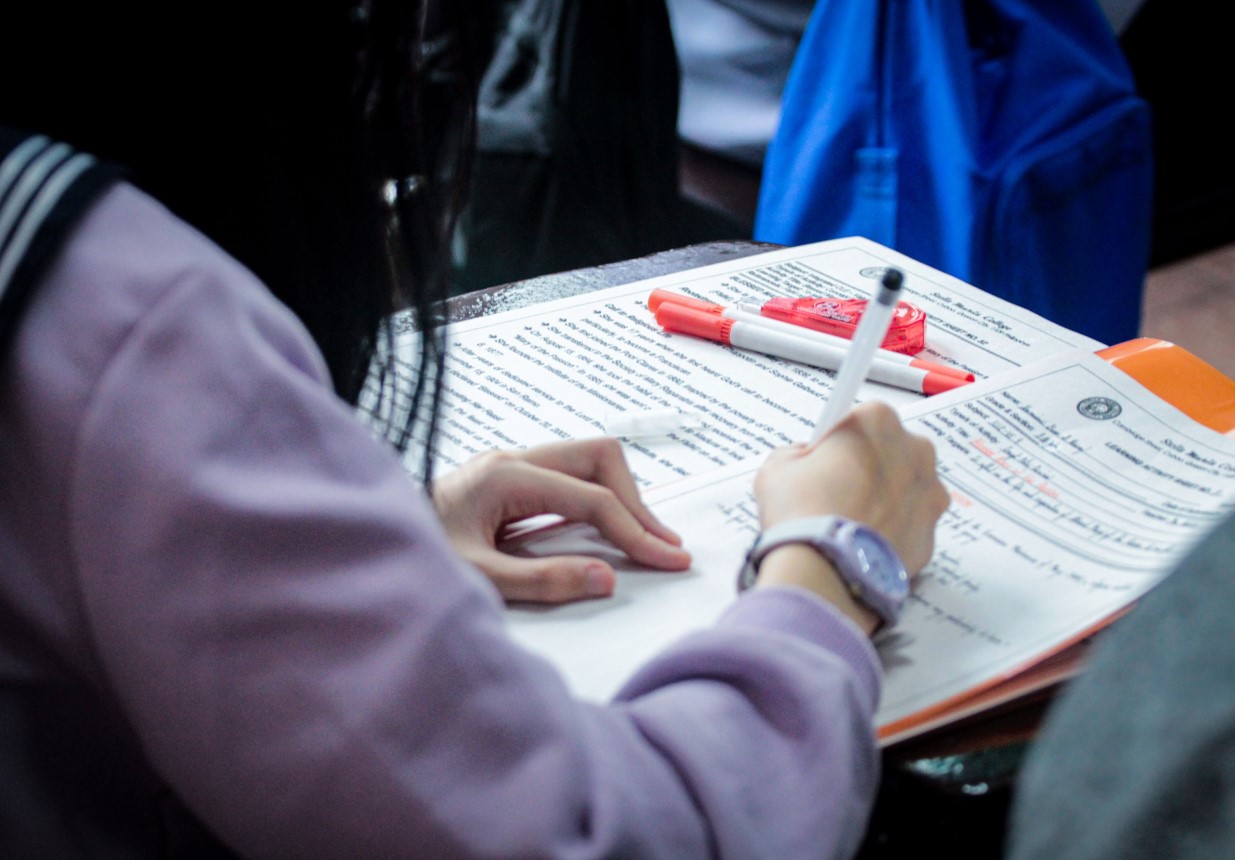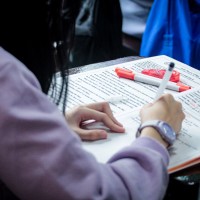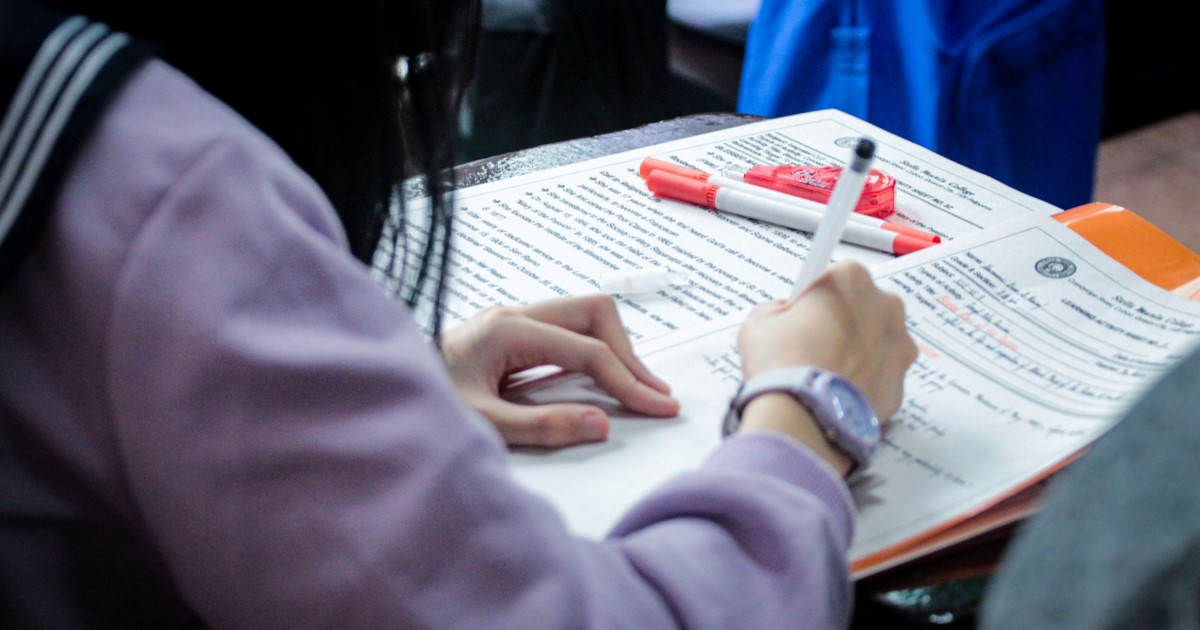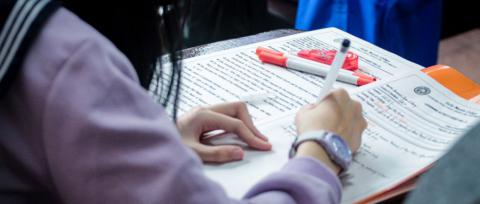
PLDT Inc. (PLDT) and its wireless unit, Smart Communications, Inc. (Smart), have onboarded teachers from provinces that were severely impacted by the devastating typhoons in the last quarter of the year to the Central Visayan Institute Foundation Dynamic Learning Program (CVIF-DLP). The Department of Education (DepEd) has adopted the crisis-resilient teaching pedagogy as an alternate learning delivery method to facilitate continuous learning in areas that have been hit by natural and man-made disasters, and other disruptive events.
“The DepEd will make use of the CVIF-DLP Learning Activity Sheets to augment catch-up classes to compensate for lost hours because of class suspensions due to the typhoons. We are thankful for the support of our long-time partners, PLDT and Smart, CVIF-DLP co-founder Dr. Chris Bernido and the CVIF-DLP ambassadors for helping us in our onboarding sessions,” said Malcolm S. Garma, Assistant Secretary for Field Operations, Department of Education.
The DepEd has rolled out the CVIF-DLP in Region 1 (Ilocos), Region 2 (Cagayan Valley), Region 3 (Central Luzon), Region 4A (CALABARZON), Region 5 (Bicol), and the Cordillera Administrative Region (CAR). In November alone, with the DepEd’s support, PLDT and Smart, together with Dr. Bernido and program ambassadors, have trained more than 15,000 teachers on the CVIF-DLP strategy.
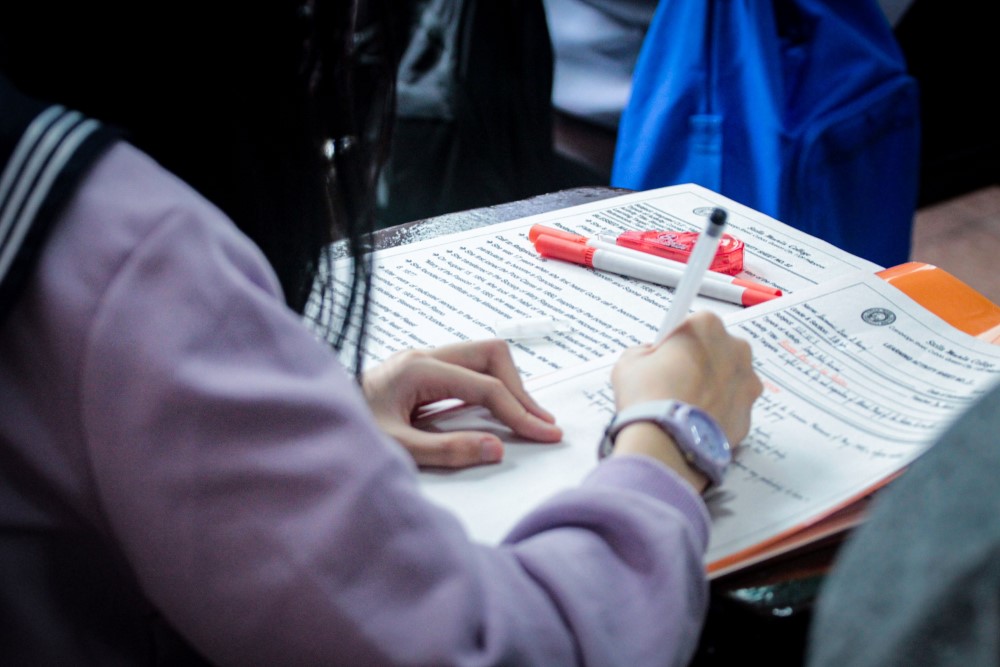
Central to CVIF-DLP is the Learning Activity Sheet which simplifies complex topics into a single-page worksheet.
“Understanding the challenge of mitigating disruptions caused by extreme weather, PLDT and Smart are working closely with the DepEd to ensure that no learner is left behind, especially in times of calamity. Together with our partners and program ambassadors, we have customized our onboarding process to help affected schools quickly implement the CVIF-DLP,” said Stephanie V. Orlino, AVP and Group Head of Stakeholder Management at PLDT and Smart.
Supported by PLDT, Smart, and the PLDT-Smart Foundation, the crisis-tested CVIF-DLP had previously helped schools cope with major interruptions brought about by the global pandemic and extreme temperatures. Central to the program is the CVIF-DLP Learning Activity Sheet that simplifies complex topics into a single-page worksheet. The teaching pedagogy allows students to learn at their own pace with minimal teacher intervention. CVIF-DLP provides schools with the flexibility to continue classes while they recover from the damage brought about by the recent typhoon.
Together with CVIF-DLP implementing schools and ambassadors, PLDT and Smart have shared the CVIF-DLP Learning Activity Sheets from Grade 1 to Grade 12 with the DepEd to accelerate the adoption of the program.
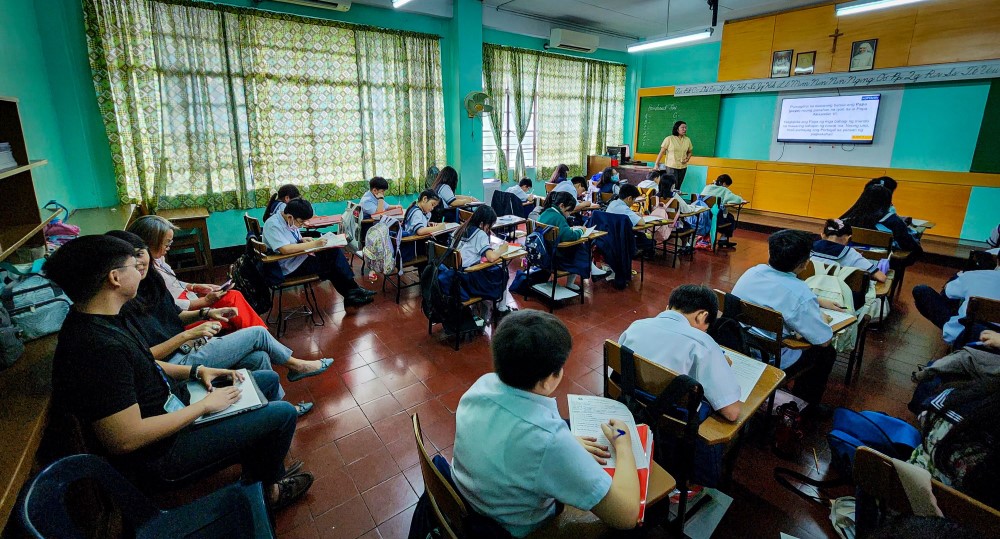
With the DepEd’s support, PLDT and Smart, together with Dr. Bernido and program ambassadors, have trained thousands of teachers on the CVIF-DLP strategy.
As long-time partners of the DepEd, PLDT and Smart have supported the agency’s initiatives in improving the country’s basic education system. The latest engagement builds on more than 20 years of collaborative partnership in addressing learning gaps among Filipino students.
PLDT and Smart’s education programs are aligned with the DepEd’s key priorities under Secretary Juan Edgardo ‘Sonny’ Angara. The agency’s five-point agenda prioritizes boosting learners’ foundational skills in reading, math and science to improve Filipino students’ performance in international large-scale assessments, professional development of teachers, employing digital innovations to augment existing teaching strategies, ensuring senior high school graduates are ready for employment, and improving educational infrastructures and resources.
The CVIF-DLP highlights PLDT, Smart and PSF’s commitment to inclusive quality education through Information and Communications Technology, content, pedagogy and capacity building to ensure that there is #NoLearnerLeftBehind. The initiative is also aligned with the PLDT group’s broad program to help the country achieve United Nations Sustainable Development Goal 4 on quality education.
